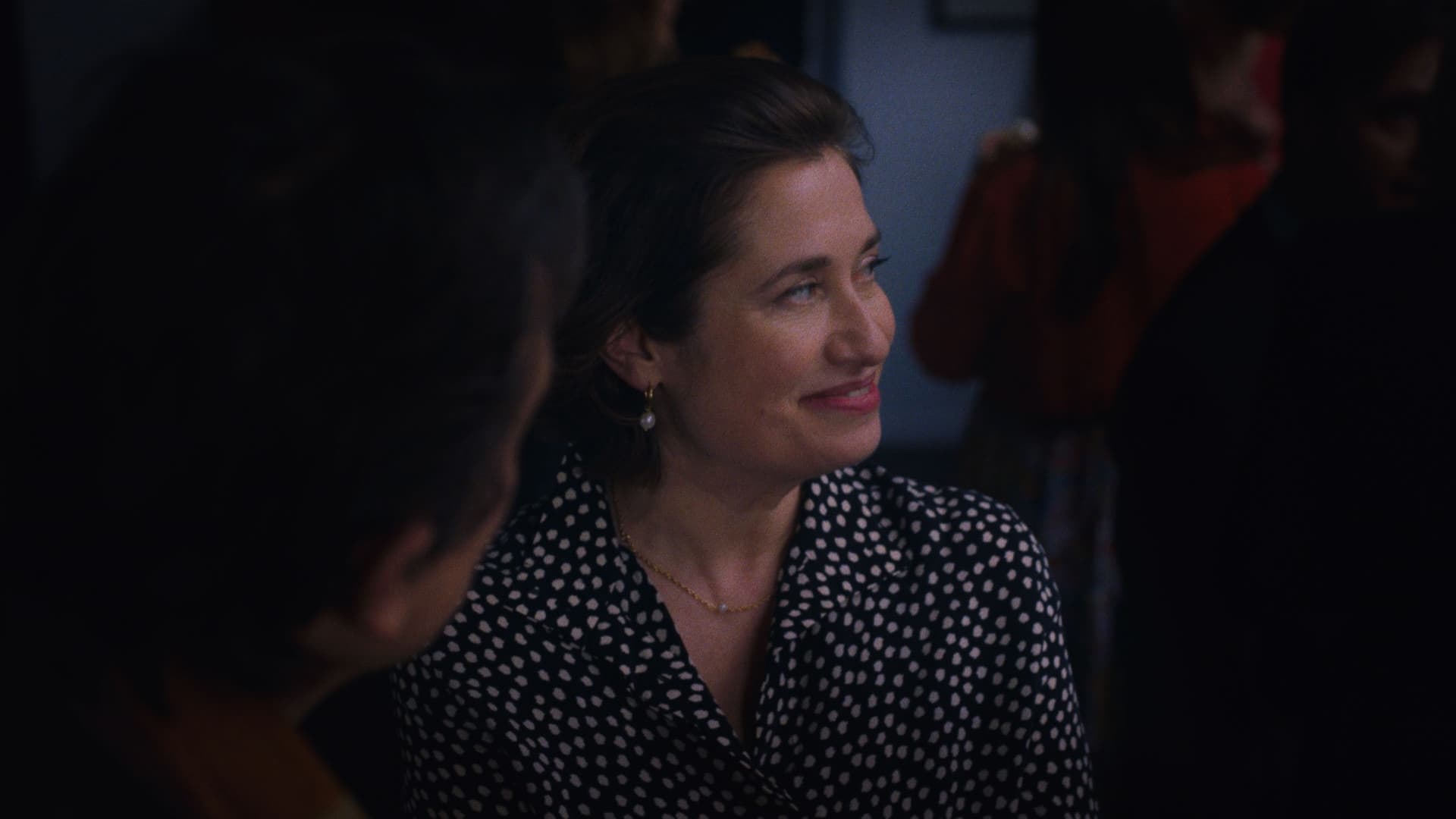


It is, however, the contention of this paper that both Bellow’s and Nabokov’s texts exhibit a consciousness about the non-separation of the human species from the animal species – a contention made all the more interesting by the two writers’ distinctly different artistic concerns and their long history of mutual, publicly acknowledged antipathy. It is not commonly associated with, for example, the long tradition of liberal humanists, where most critics place Saul Bellow (Smith 102), and some critics place Vladimir Nabokov (McCarthy 133) – though he is a writer who resists overt categorisation. Posthumanism is often associated with more recent postmodern novelists, who “problemat the traditional divisions between human and nonhuman” (Giles 164-65). This collection confirms the enduring significance of Aidan Higgins as one of the major writers of our time, and also offers testament that Higgins’s work is being rediscovered by a new generation of critics and writers. Langrishe too is revisited, while convincing cases are made for the major significance of later novels such as Bornholm Night-Ferry and Lions of the Grunewald, as well as Higgins’s unorthodox trilogy of autobiographies. Authors like Annie Proulx, John Banville, Derek Mahon, Dermot Healy, and Higgins himself, represented by a previously uncollected essay, offer a variety of critical and creative commentaries, while scholars such as Keith Hopper, Peter van de Kamp, George O’Brien, and Gerry Dukes contribute exciting new perspectives on all aspects of Higgins’s writing, including his radio plays, his critical work, and the Harold Pinter film adaptation of Langrishe, Go Down.

"Drawing together a wide range of focused critical commentary and observation by internationally renowned scholars and writers, this collection of essays offers a major reassessment of Aidan Higgins’s body of work almost fifty years after the appearance of his first book, Felo De Se.


 0 kommentar(er)
0 kommentar(er)
